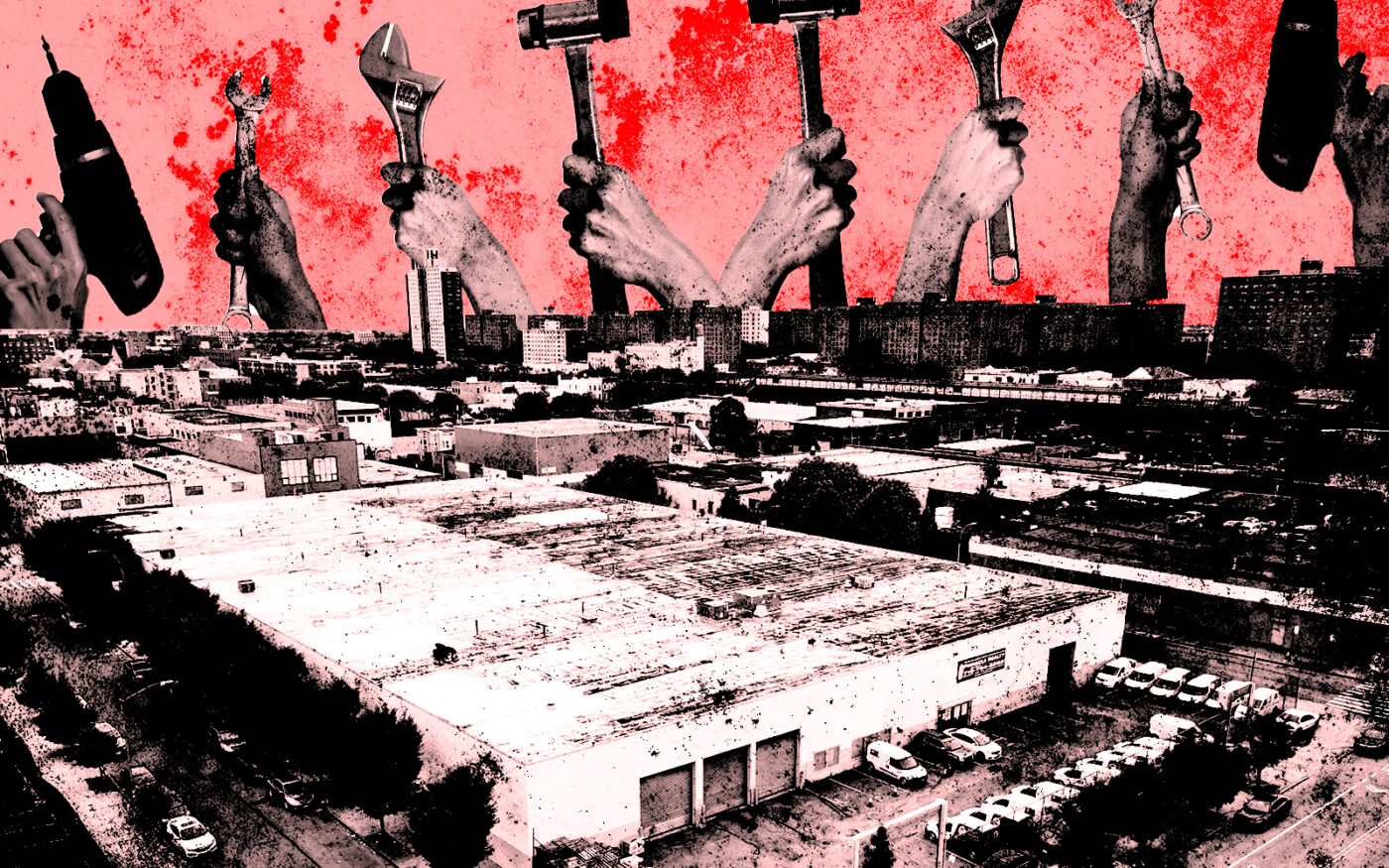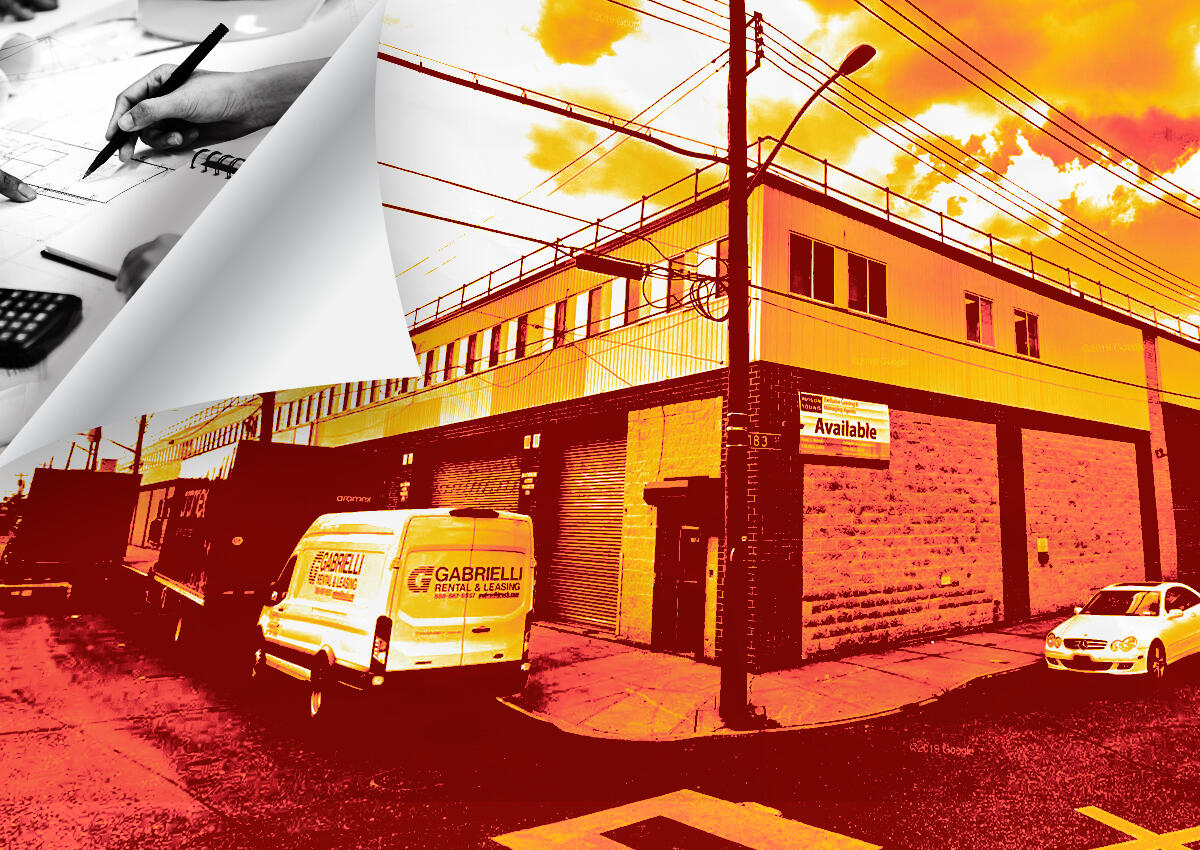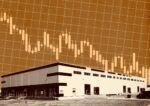 New York City is still industrial-strength
New York City is still industrial-strength
Trending
NYC’s once-insatiable industrial market slowed in third quarter
Leases and renewals declined by 29% year-over-year: CBRE

The pandemic-sparked days of endless demand for New York City’s industrial space faded further into the rearview mirror in the third quarter.
New leases and renewals dropped 29.4 percent year-over-year from July to September, Crain’s reported. The data comes from a recently published report by CBRE.
The decline between quarters was also significant. Businesses leased 525,000 square feet in the third quarter, a 47 percent drop from the previous period. The three-year quarterly average of new leases per period is 800,000 square feet. The average lease in the third quarter was 9,000 square feet.
The industrial real estate market exploded during the pandemic as e-commerce companies couldn’t get close enough to the customers. But in-person shopping has remained relevant post-pandemic and e-commerce companies have either run out of space to lease in an inventory-limited market or simply decided to stop leasing new space, driving the drop in demand.
The type of companies still pushing for industrial space in New York City include retailers, construction wholesalers and waste management firms. Retailer Net Zero signed the quarter’s largest industrial lease, taking 70,000 square feet at 1970 Pitkin Avenue in Brooklyn.
The overall vacancy rate did see a modest decline from the previous quarter, dropping to 5.5 percent in the third quarter. Additionally, landlords will appreciate the average asking rent increasing 63 cents from the second quarter, reaching $26.74 per square foot.
Read more
 New York City is still industrial-strength
New York City is still industrial-strength
 NYC’s industrial market ends year with a bang
NYC’s industrial market ends year with a bang
 Industrial market falls back to pre-pandemic levels
Industrial market falls back to pre-pandemic levels
The nationwide industrial market has lost much of the heat it carried during the first quarters following the onset of the pandemic. Cushman & Wakefield recently reported that industrial demand fell across the country during the third quarter.
Investors and landlords will be left wondering if the warehouse boom in the city is officially at an end, or just taking a summer snooze.
— Holden Walter-Warner




